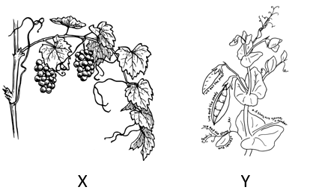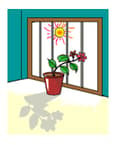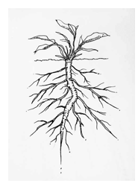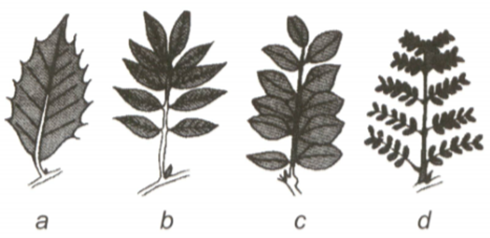Anil Ahlawat Solutions for Chapter: The World of Living, Exercise 1: EXERCISES
Anil Ahlawat Science Solutions for Exercise - Anil Ahlawat Solutions for Chapter: The World of Living, Exercise 1: EXERCISES
Attempt the free practice questions on Chapter 5: The World of Living, Exercise 1: EXERCISES with hints and solutions to strengthen your understanding. NSO Science Olympiad Workbook Grade 6 solutions are prepared by Experienced Embibe Experts.
Questions from Anil Ahlawat Solutions for Chapter: The World of Living, Exercise 1: EXERCISES with Hints & Solutions
Match column I with column II and select the correct option from the given codes.(
| Column I | Column II | ||
| (a) | Hinge joint | (i) | Neck joint |
| (b) | Gliding joint | (ii) | Hip joint |
| (c) | Pivot joint | (iii) | Knee joint |
| (d) | Ball and socket joint | (iv) | Wrist joint |
(A) (a)- iii, (b)- iv, (c)- i, (d)- ii
(B) (a)- iv, (b)- i, (c)- iii, (d)- ii
(C) (a)- i, (b)- ii, (c)- iv, (d)- iii
(D) (a)- ii, (b)- iii, (c)- i, (d)- iv
Refer to the given figures X and Y, and select the incorrect statement regarding them.

The given figure shows an example of _________.

Which of the following statements is correct?
Which of the following statements holds true for the root system shown in the given figure?

(i) It is a fibrous root system.
(ii) The branches that arise from the main root are called fibrous roots.
(iii) It is a taproot system.
(iv) Examples of this type of root system are pea, tulsi, radish, carrot, and turnip.
The given table shows some characteristics of herbs, shrubs and trees.
Which of the given points is/are incorrect?
| Feature | Herbs | Shrubs | Trees | |
|---|---|---|---|---|
| (i) | Size | Very small, usually less than high | Medium sized, usually m high | Tall, generally more than high |
| (ii) | Nature of stem | Green and tender stems with few branches | Hard and very thick stem with branches on the upper part of the stem | Hard stem but not very thick; branches arise near the base of the stem |
| (iii) | Examples | Grass, tomato, wheat, mint | Hibiscus, lemon, rose, jasmine | Gulmohar, neem, peepal, mango |

What is a common character of the above shown animals?
Leaves may be simple or compound. Which of the given figures show(s) compound leaves? 
